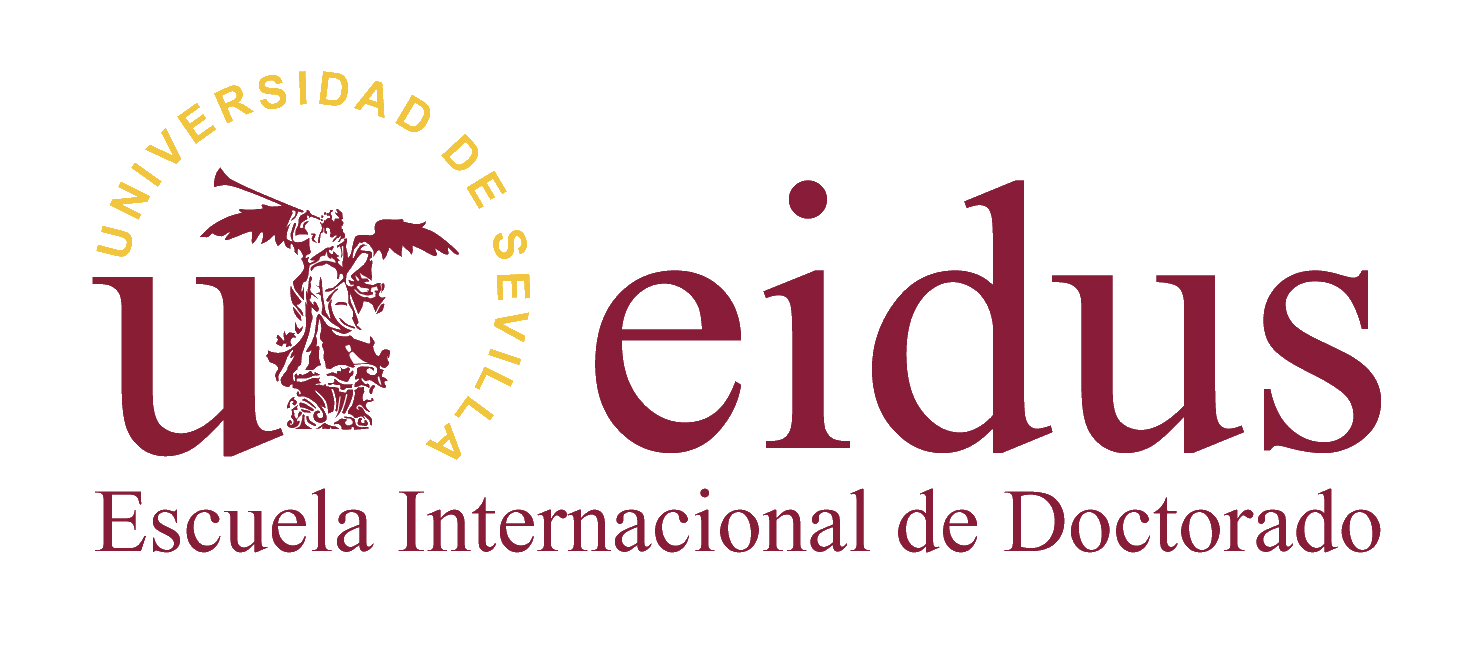 Disculpe las molestias.
Disculpe las molestias.
La página solicitada puede no estar disponible, haber cambiado de dirección o no existir.
Con frecuencia es debido a algún error al escribir la dirección de la página (URL).
Comprueba de nuevo para ver si es correcta.
Usted puede:
- Volver a la página anterior e intentarlo de nuevo
- Ir a la página de inicio
- Utilizar el mapa web del sitio o las opciones de navegación general para ir a otra página.
- Utilizar el buscador para localizar la información: {loadposition buscar}


 Español
Español  English
English